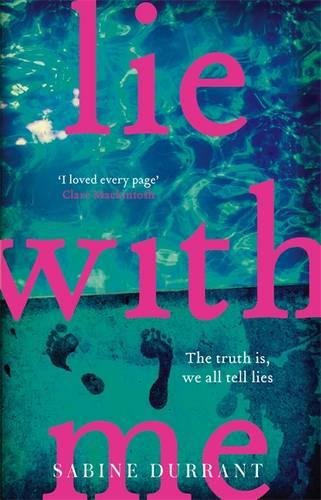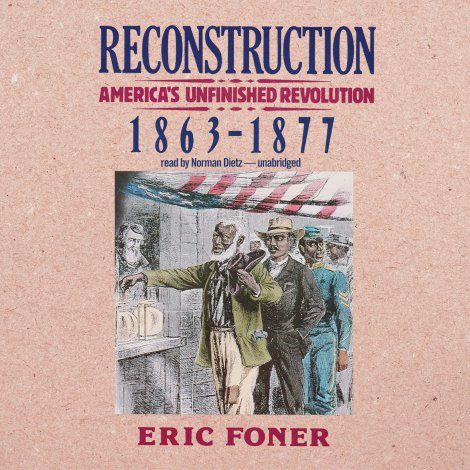Let it be known that The Pretty Reckless lets nothing, not even a hurricane, stop them from creating music.
Going to Hell is the second studio album from The Pretty Reckless, released with Razor and Tie in March 2014. The band began recording in a Hoboken, NJ studio that was unfortunately destroyed during Hurricane Sandy, which cost the band half a million dollars’ worth of equipment and instruments, as well as any existing recordings. The band was forced to re-record much of the album.
The album mixes hard rock, ’90s rock, and country together to form one hell of an album (pun intended). The album focuses on “desperate situations…[that] we find ourselves facing either through our own mistakes or circumstances beyond our control” (Maine Music News). Going to Hell is an angry and edgy musical force to be reckoned with, something that becomes clear from the second one sees the album cover, which features a nude back shot of Momsen with a cross and arrow tattoo down her back. Momsen explained this choice to Rolling Stone, saying “We’re all naked when we’re born. If you find that shocking, that’s your perspective.” She compared it to John Lennon’s nude cover for Two Virgins, and how her intents matched his: “He was just trying to be as honest and raw as he could, and that’s what my intent is with nudity.” Lastly, Momsen divulged that the cross and arrow tattoo was inspired by Pink Floyd’s poster of women with the band’s album covers painted on their backs, claiming it as one of her personal favorites.
1. Follow Me Down
The track starts with some sexual moaning, so I highly advise turning the volume down or just use earbuds. “Follow Me Down” is about sex, being young, and moral ambiguity. There are two particular lines that stand out, as they can be interpreted in either a sexual or religious manner. First is “Follow me down to the river/Drink while the water is clean:” sexually, the river signifies where the girl and her romantic interest meet, or something more…dirty (I’ll let you all figure that one out). Religiously, this line references baptism or ritualistic cleansing to “purge the primal lust lurking inside all mortals” (Blabbermouth). The second line, “I’ll be down here on my knees,” either alludes to oral sex or kneeling in prayer. It is lines like these that make this song so fun, since you get to how to interpret or take this song.
2. Going to Hell
The title track was the first single to be released off the album. “Going to Hell” is written similarly to “Goin’ Down” (Light Me Up, 2010)–as in, it’s also written as a confessional to a priest. However, this song is less confessing and more prideful in Momsen’s sinful actions. She sings about the priest’s verdict that she’s “going to hell” for the things she’s done–specifically, doing drugs and having sex–in the most unapologetic tone possible. Momsen’s defiant tone makes this song a “battle cry” (Maine Music News). “Going to Hell” feels angry and forceful, primarily because of the intense guitar riffs and percussion-heavy music. This song is a storm and one hell of a track…pun mildly intended.
3. Heaven Knows
“Heaven Knows” is hands down a personal TPR favorites. The mix of edge, defiance, and attitude makes you want to don leather pants and heeled boots and kick some ass. It is, essentially, “a celebration of misbehavior” (genius.com). This song resembles the works of rock’s greatest female rockers: it has the attitude of Joan Jett, with “a splash of Stevie Nicks” (Rock Revolt). Momsen describes several characters and their various “sins,” such as drug dealing and/or drug use, and that “we belong way down below.” The third verse states that we all start off good, until “the Devil’s knocking at your door“–i.e., tempting one to do sinful or bad things. At first one isn’t ashamed of their actions, until judgement day comes and one is “on your knees with your head hung low” begging for Heaven instead of Hell. Momsen proceeds to tell listeners to screw what God says and “Don’t do a goddamn thing they say“–to live your life as you want and screw the consequences.
4. House On A Hill 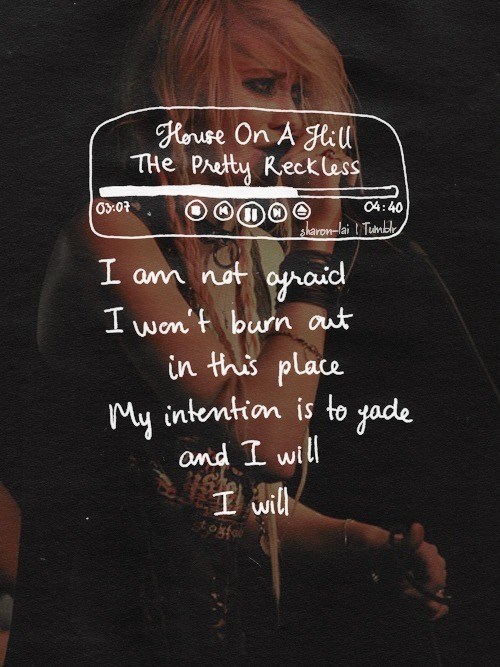
“House On A Hill” is the album’s first breather track. The song opens (and closes) with the sound of a heartbeat, which plays for a while before the music joins in. The song’s overall message seems to be that in dark times, we turn to a light–be it hope, heaven, etc–at the end of the tunnel. The “house on the hill” seems to be a reference to Heaven. However, I could not find anything on the actual meaning of the song, so consider this my personal speculation. Momsen talks about “the children” in the chorus. The lyrics sound like she’s telling people to “keep your children safe inside” until they are old enough to “drink the wine, and they will”–i.e., until they grow up and lose some of their childish innocence and imagination. I loved how the song implements orchestral instruments, adding an elegant touch to a more country-esque track.
5. Sweet Things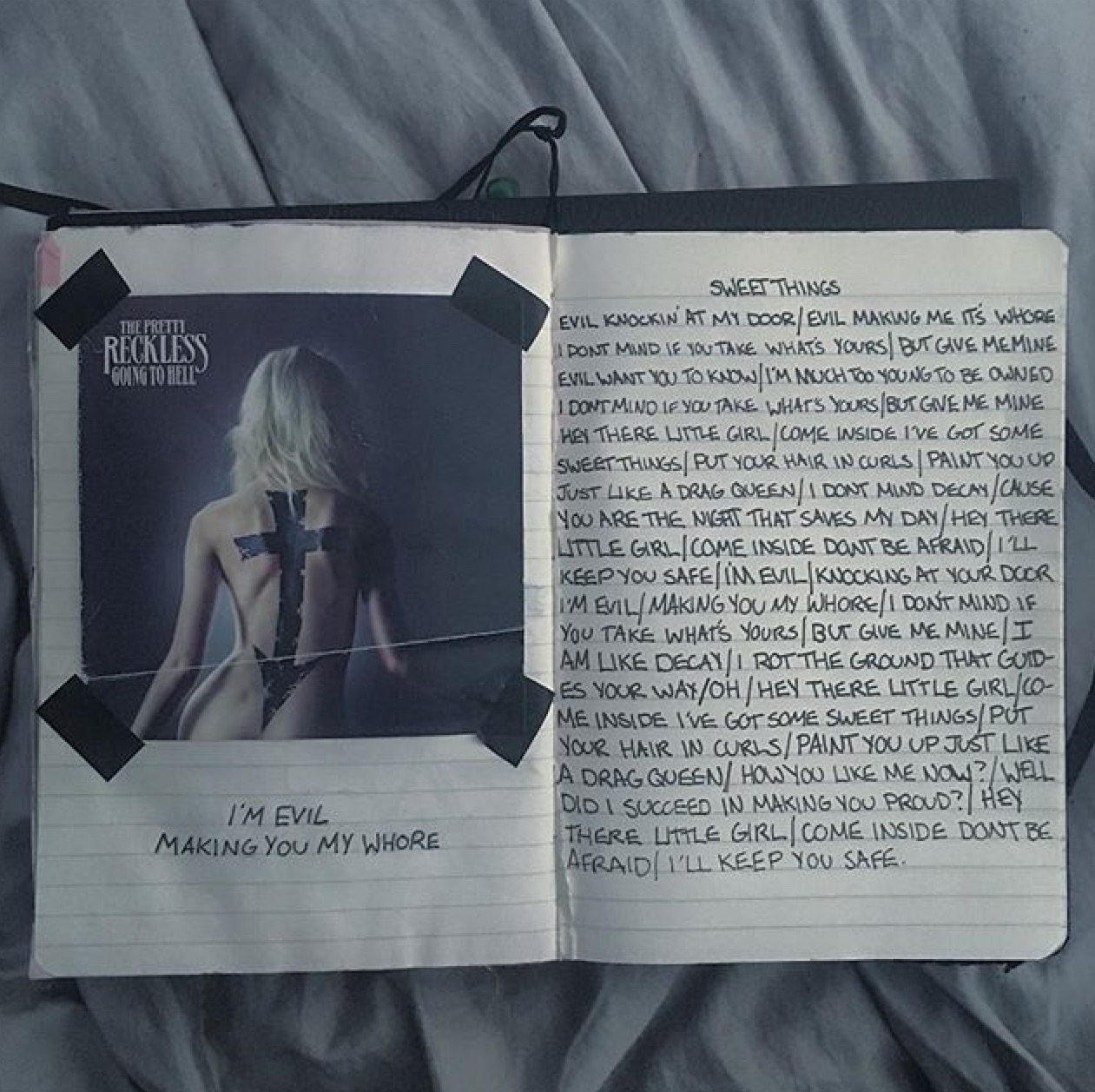
Maine Music News described “Sweet Things” best: that it is a “a carnival-esque Little Red Riding Hood rock horror show…[that] leaves no stone unturned.” Guitarist Ben Phillips comes in on the chorus, singing back and forth with Momsen. The male voice seemingly represents the devil, or “Evil” as Momsen has aptly titled him. Evil is attempting to lure this girl into fulfilling his sexual desires. The girl tells him “I don’t mind if you take what’s yours but give me mine–i.e. she’ll do what he wants if she gets something in return, thus revealing she’s not an innocent little “sweet thing.” An acoustic rendition is included on the deluxe edition of the album.
6. Dear Sister
“Dear Sister” sounds like a haunting little lullaby. It’s so brief and the lyrics are so vague, I don’t really know what else to say about the track–although if anyone else happens to know more about this track, leave a comment below! I do find it interesting that this track is that it’s semi-connected to the following track, “Absolution.” With the way the two songs conjoin, if one weren’t paying attention one might think that “Dear Sister” was the slower intro and “Absolution” stepping up the beat.

7. Absolution
“Absolution” can be defined as either “a declaration of freedom from all sins” or “to set free, from some duty, obligation, or responsibility” (Dictionary.com). A mix of the two seem to apply here, as the lyrics describe intent to crucify a certain boy to absolve the sins of others, particularly Momsen’s (“I need my absolution“). This song lyrically reminded me of the “Finale” from the Broadway musical Pippin. Both songs try to convince a particular person to die for something, despite that person’s desires to stay alive. In “Absolution,” he’s expected to die for everyone else’s sins; in Pippin, his death will serve as the show’s signature finale. The two songs also both talk about the sun as a metaphor for death. (Click here for the Pippin lyrics, and here for “Absolution” lyrics.)
8. Blame Me
“Blame Me” is so self-deprecating that it almost hurts to listen to. The track is heavy with “sardonic self-chastisement” (Blabbermouth). One can hear how broken Momsen sounds as she sings of the past: reminiscing of a time when she didn’t feel reliant on drugs, remembering an abusive ex-boyfriend. Momsen sounds tired, as if she has given up on her life and trying to feel alive. She talks about how she had everything, only to give it up for what seemed like “the better man,” except it turned out he was abusive. Momsen tells the person she’s talking to to “blame all your life on me.”

9. Burn
This is one of the more country songs by The Pretty Reckless. The band took an acoustic, slower path on “Burn,” which better conveys the emotion and pain described in the lyrics. Momsen sings about suffering and having lost her will to live, about wanting to get away from the person who’s emotionally abusing her, but she cannot find a way out. This person seems to “want me [Momsen] to burn“–they want Momsen to hurt, maybe even gets pleasure from stomping all over her.

10. Why’d You Bring a Shotgun to the Party
This song, as the title implies, addresses gun violence. The character in this song is angry at the world, empty politicians and the backwards system. He believes that carrying a gun makes him more manly, more likely to get with the girl. Momsen disproves the guy, as his gun doesn’t make him stand out because “Everybody’s got one, there’s nothing new about it/Wanna make a statement, you should have come without it“–aka, whatever he does with the gun will sadly be just another of many gun violence-related events. “Shotgun” is musically intense, opening with a couple of guitar riffs before the sound of a gun being prepped to shoot is heard (and repeated several times in the track). The music during verses is muted, just the beat and low guitars. The last chorus repetitions incorporate the sounds of gunshots and a machine gun, giving the feel of a battlefield. The song ends with a gun clicking, all out of bullets.
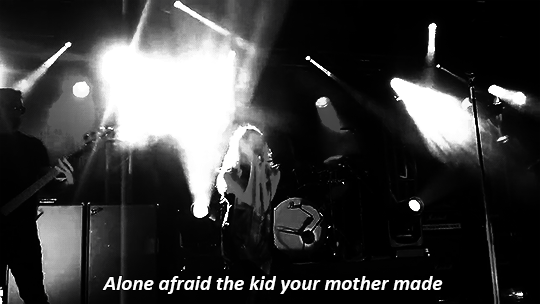
11. Fucked Up World
This is such a fun song to listen to. It feels like a musical burst of confidence, yet is also perfect walking music thanks to the beat created by the tambourine and drums. Just to note, there is a censored version of the song titled “Messed Up World” that was released for radio play. The video mocks and calls out society’s sexualization of women, while the song mocks society in general. Verse #1 talks about how society heavily values and praises material possessions in modern music. It potentially references Rihanna’s “Diamonds” (“We’re like diamonds in the sky, that’s what we are told“), although this is not confirmed. The chorus addresses the fact that we live in a “fucked up world” obsessed with “sex and love and guns.” Verse #2 and #3 bring in those douchebad guys who hit on girls and expect something for their efforts, as well as religion.
12. Waiting for a Friend
Listening to this song almost feels like sitting under the stars while at a bonfire or out camping. “Waiting for a Friend” musically consists of soft acoustic guitar and harmonica notes, and shows off the softer side of Momsen’s vocals. Momsen sings about being trapped in a prison, which she calls a room. This room sounds like it’s a metaphor for her being stuck in her own head, as evidenced by the line “My head is like a prison cell“–a variation from the original lyric, “My room is like a prison cell.” Momsen is trapped in her negative thoughts or by depression, and is calling out for someone to help her get out of her own head.

Be sure to check out my New Music Tuesday featuring The Pretty Reckless, as well as my Track by Track look into TPR’s debut album Light Me Up!
To hear more from The Pretty Reckless, follow them on Spotify! Be sure to follow them on Facebook, Twitter, and Instagram, as well as subscribe to their YouTube! You can also check out their website for info about their music, updates, and future shows.
Like what you read? Give this blog a follow! (Button is at the bottom of the page). Be sure to also click here for links to my social media, which I update regularly about new posts! For any bands looking for promotion opportunities, feel free to email me for consideration for a future post!
Advertisements Share this:- More
- The Pretty Reckless
- Track By Track


